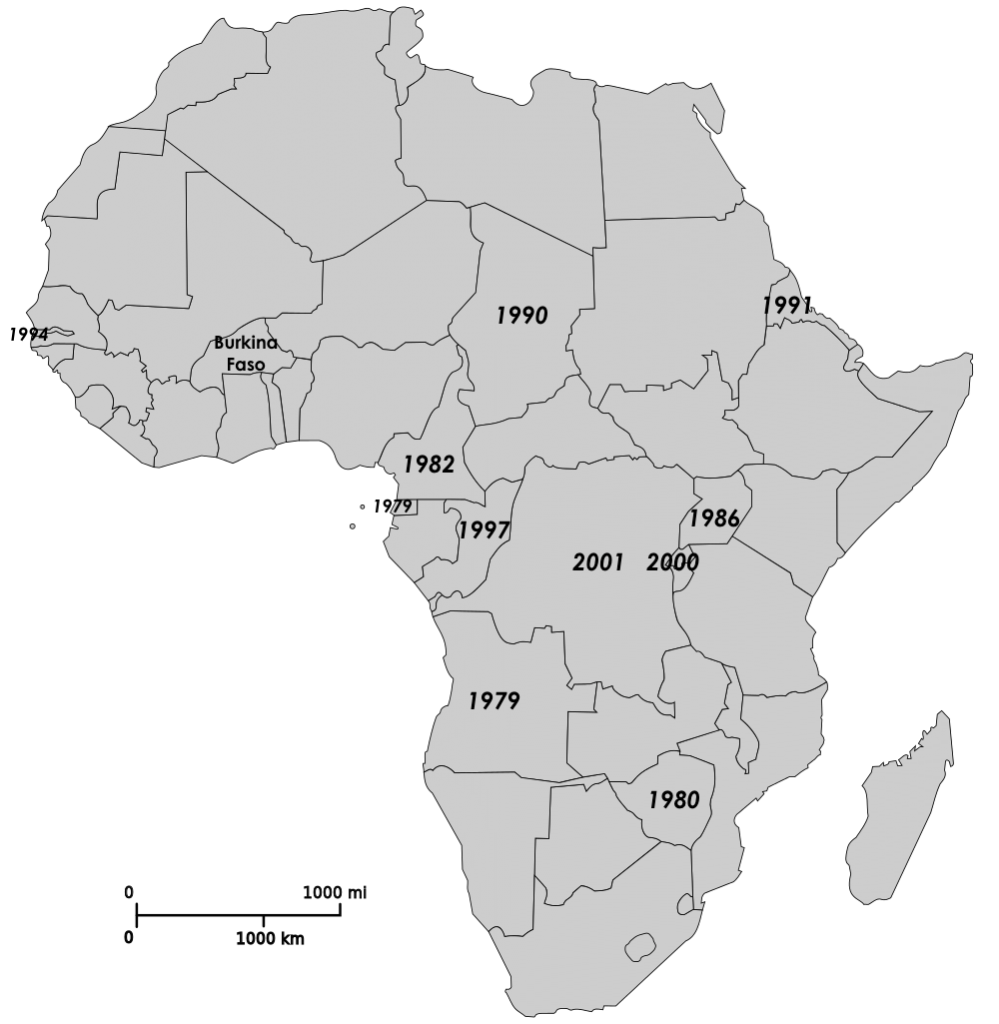Tonight I clicked on a BBC headline with a meaning so opaque to me it might as well have been a string of wingdings characters:
“Kuwait ‘has Comoros plan for Bidun’”
I also clicked because I had been researching Comoros the other day so it caught my attention. But I was actually even more astonished and bemused once I read through the article.
Here’s the problem it turns out Kuwait’s government needs to solve: There are about 100,000 people — referred to as “Bidun” — living unlawfully and long-term in Kuwait without documents from any country. This has been an issue ever since the oil boom started quite a few decades ago. Complicating things, many born there are considered genuinely “stateless” people, since Kuwaiti citizenship is not automatic to every person born on the country’s soil, unlike in the United States and many other countries. A governmental review claims that only 34,000 could already qualify to receive Kuwaiti citizenship. Thus they still needed to figure out what to do with the remaining two thirds.
Kuwait’s solution for that remainder is … to give them all citizenship from the African islands nation of Comoros (off Madagascar). Comoros is a tiny and dirt-poor Arab League member state located in the southern Indian Ocean. It is best noted for having had 20 attempted or successful coups since July 1975 (which is why I was researching the country).
Perhaps even more puzzling in this already oddly capricious and arbitrary plan is that the Bidun wouldn’t actually move to Comoros, they would just receive Comoran citizenship and documents and would be able to stay in Kuwait on economic and other visas … unless deported “home” for criminal activity.
Another fun twist in this plan: Comoros doesn’t even have an embassy in Kuwait yet from which to distribute citizenship papers to all their new patriots.
I mean, I suppose this plan is better than mass deportations, mass enslavement, or mass slaughter — things other countries have employed before for similar problems — but in terms of a comprehensive plan for absorbing a large population of stateless migrants and native-born peoples this has to be one of the most bananas.
It really puts U.S. dysfunction on settling the status of undocumented immigrant populations in a much more charitable light. At least we haven’t tried to solve the issue by making millions of U.S.-born Latinos citizens of the Federated States of Micronesia…yet.

Adapted from Wikimedia by Arsenal For Democracy






